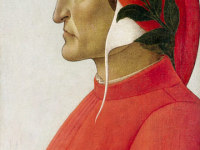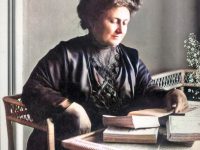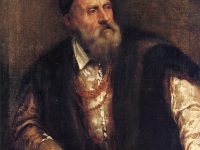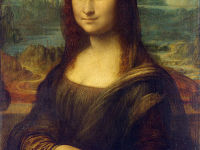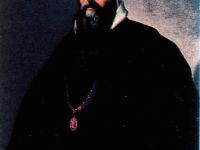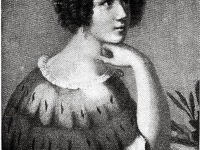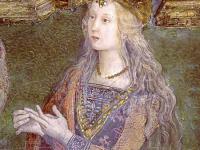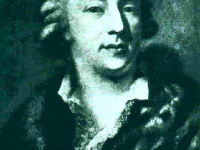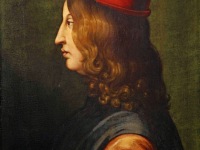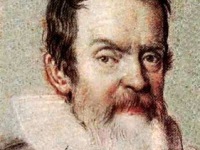Dante Alighieri and the Divine Comedy
In the night from September 13 to 14, 1321, major Italian poet Dante Alighieri passed away. His Divine Comedy is widely considered the greatest literary work composed in the Italian language and a masterpiece of world literature. Together with his poet colleagues Petrarch [7] and Boccaccio,[8] Dante – the ‘supreme poet’ (il Sommo Poeta) – is referred to as “the three crowns” or “the three fountains”. Moreover, he is also called the “Father of the…
Read more

